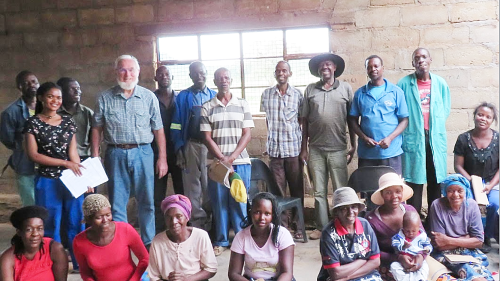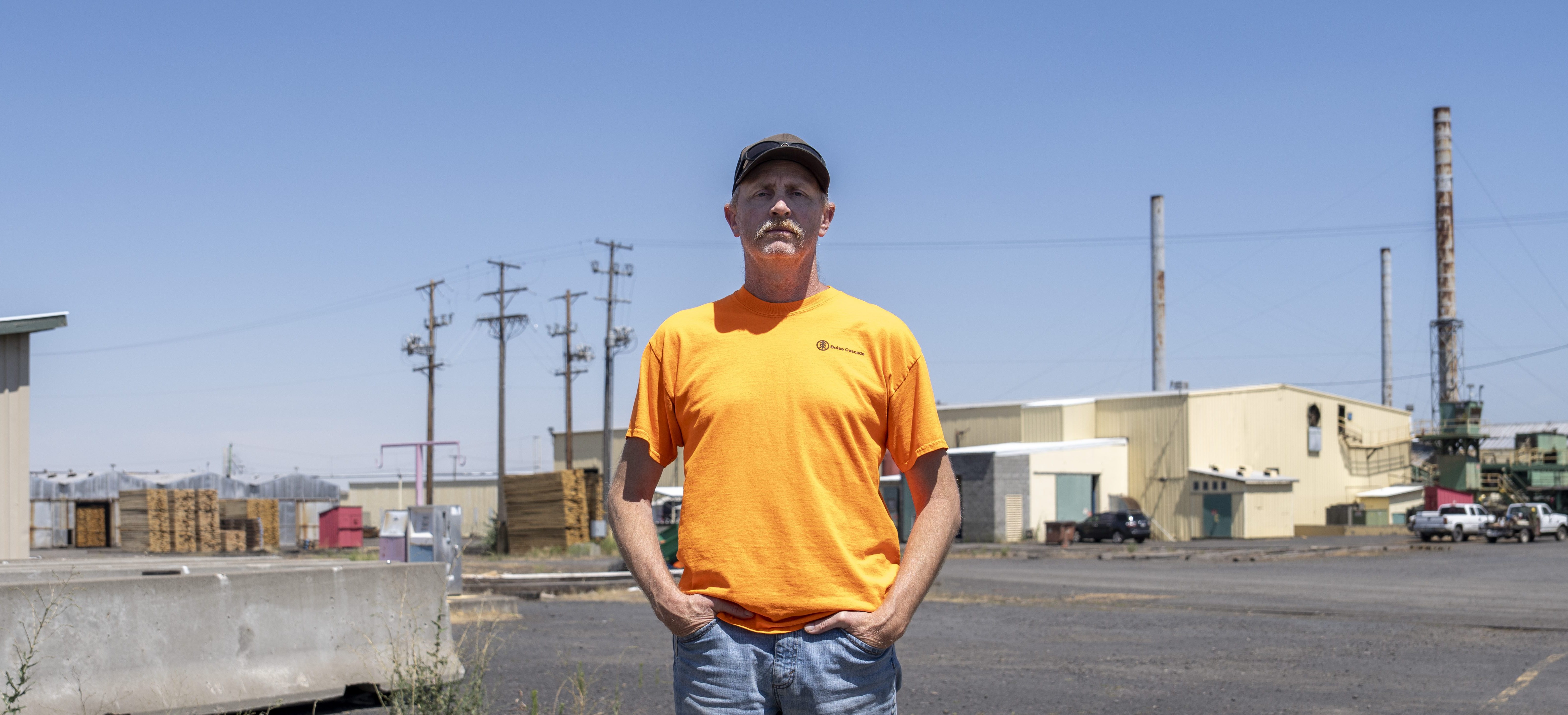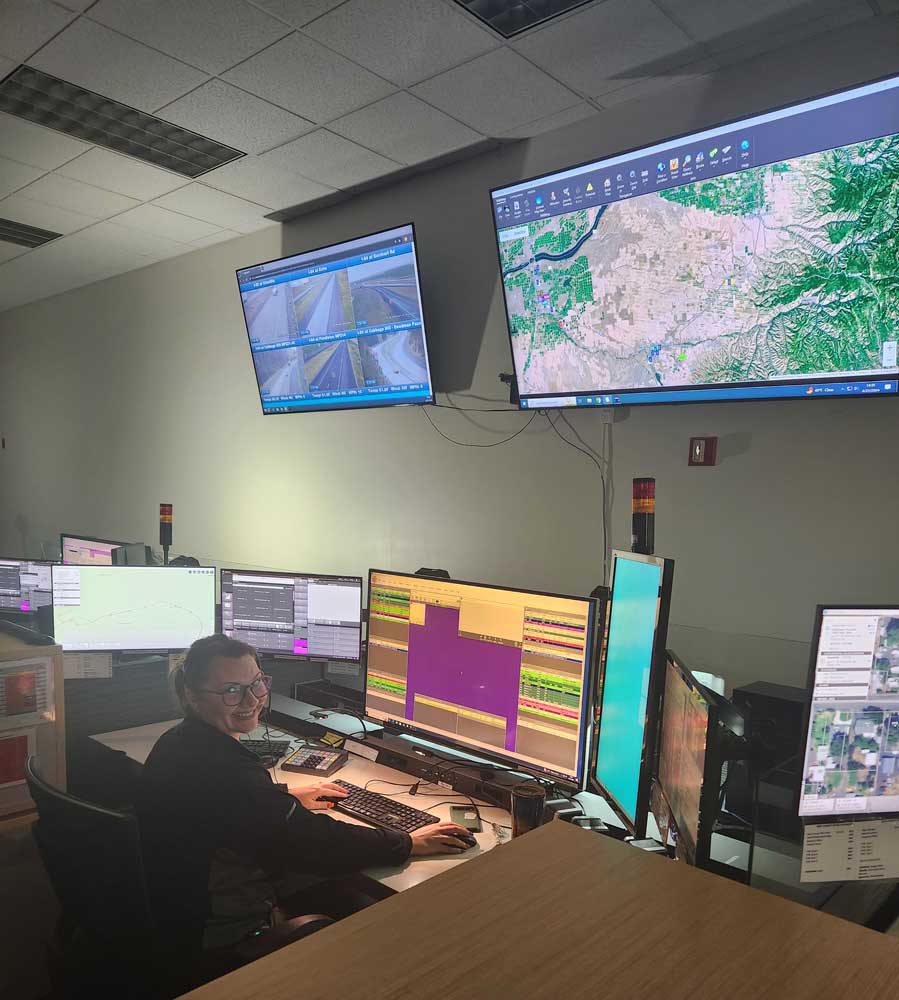Farmers program seeks volunteers to serve developing world
Published 4:00 pm Tuesday, November 23, 2021

- Andrew Clark, left with the beard, poses with people on a trip to Africa. Clark, who has volunteered in the continent for 30 years, seeks volunteers for The John Ogonowski and Doug Bereuter Farmers-to-Farmers Program.
PENDLETON — People with education or experience in farming may have the chance of a lifetime, according to Andrew Clark, an ambassador for The John Ogonowski and Doug Bereuter Farmers-to-Farmers Program.
The program, Clark said, focuses on several subsectors, including horticulture, livestock/dairy and organic agriculture. Expertise in ag business and logistics also are sought. Such people in the U.S. have been able to travel abroad, lending their expertise to farmers in developing nations, F2F members have helped create stability in otherwise complicated countries.
Trending
These days, though the coronavirus pandemic continues to limit travel, F2F participants still assist people in other countries. By including themselves on a database, ag experts make themselves available to farmers abroad for virtual workshops and advice.
All work is volunteer, Clark said, though travel expenses were covered back when travel was possible. There are benefits, though. Clark emphasized the personal satisfaction from volunteering and the enriching experience in connecting with foreign peoples.
Clark, a veterinarian, has a lot of this experience. He has been volunteering in Africa for decades, starting with service in the Peace Corps, he said. Over the years, he has seen first-hand how American agriculturalists have helped others.
Such work has been done in nations such as Madagascar and Zimbabwe, he said. In Zimbabwe, a milking project changed the lives of people. There, people were given access to a cooler, where milk could be transported before being moved to a creamery for processing. This allowed farmers, who were previously supplying their own families and local communities with milk to expand their operations and sell their product on a larger market.
This change may only add $1 per day to a person’s income, Clark said. This does not seem like much money, until one considers the same farmer, who is able to increase their income by $1, was only making $5 a day previously.
“A dollar makes a difference,” Clark said.
Trending
Also, because the farmer is able to create more income from milking, he is less dependent on the crops he grows. This provides the farmer with protection during a bad harvest — stability, as Clark calls it.
He also spoke of programs to help fight disease, such brucellosis in cattle.
Many people in the U.S. take for granted the protections put in place to protect our food sources, Clark said. He has been to African villages to give seminars to tell people of America’s history with safeguards. Telling people how the U.S. once struggled with foodborne diseases in the past century, he explains they, too, can better care for their food.
Testing methods for slaughtered animals, for example, can help people avoid disease, Clark said. And if they can avoid disease, lives are saved. Volunteers have this effect, the influence to bolster communities.
“It’s really gratifying,” Clark said.
The database of American volunteers already includes hundreds of people, but Dr. Andrew Clark said more are needed. People may email F2Frecruitment@cnfa.org for more information. They also can visit www.cnfa.org/program/farmer-to-farmer-southern-africa or www.cnfa.org/opportunities/volunteer.









